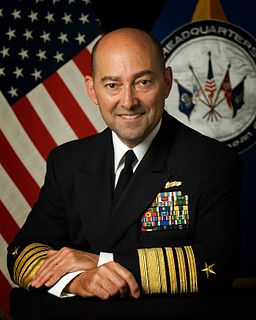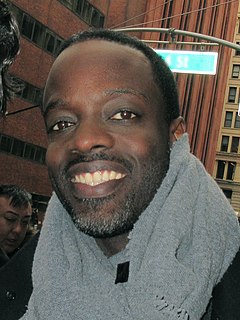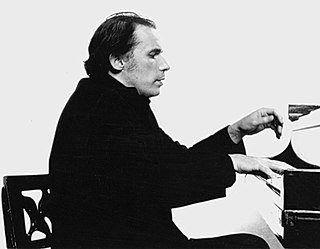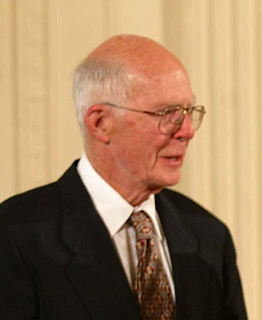A Quote by James G. Stavridis
I knew early I wanted to follow my father into the military. He did a full 30-year career and retired as a full colonel in the Marines after graduating from Allentown H.S. and later from Cornell University.
Related Quotes
Towns are full of people, houses full of tenants, hotels full of guests, trains full of travelers, cafés full of customers, parks full of promenaders, consulting-rooms of famous doctors full of patients, theatres full of spectators, and beaches full of bathers. What previously was, in general, no problem, now begins to be an everyday one, namely, to find room.
Looking back on a 30-year teaching career full of rewards and prizes, somehow I can't completely believe that I spent my time on earth institutionalized; I can't believe that centralized schooling is allowed to exist at all as a gigantic indoctrination and sorting machine, robbing people of their children. Did it really happen? Was this my life? God help me.
I will now claim - until dispossesed - that I was the first person in the world to apply the typewriter to literature. ... The early machine was full of caprices, full of defects- devilish ones. It had as many immoralities as the machine of today has virtues. After a year or two I found that it was degrading my character, so I thought I would give it to Howells. ... He took it home to Boston, and my morals began to improve, but his have never recovered.
I was educated in the Washington public schools and attended the University of Maryland as a day student, graduating in 1938 with a degree in chemistry. After working for the Dow Chemical Company in Midland, Michigan, for a year, I returned to the University of Maryland to take a Master's degree before going on to Yale to pursue a doctorate.




































